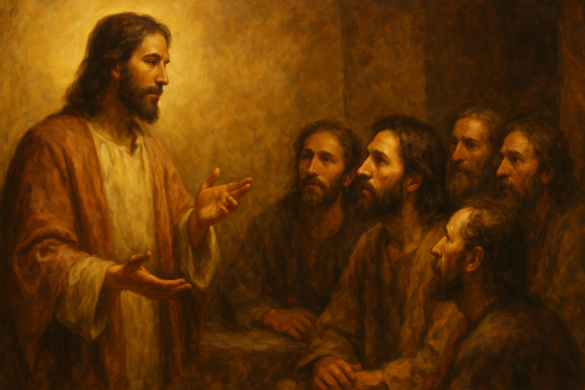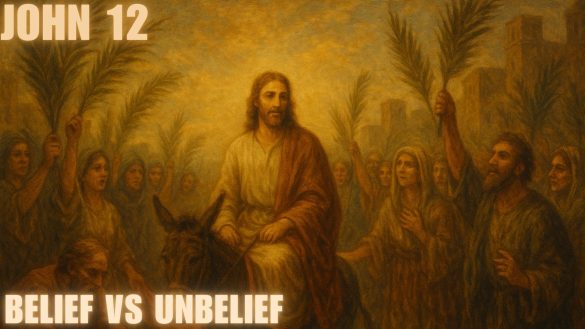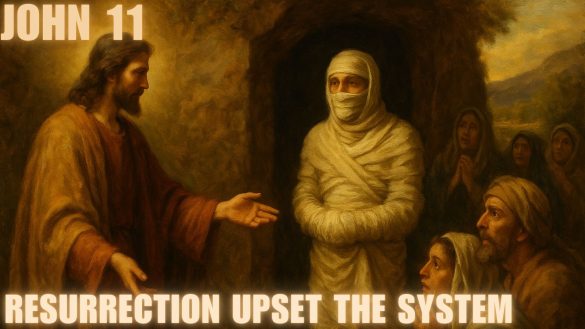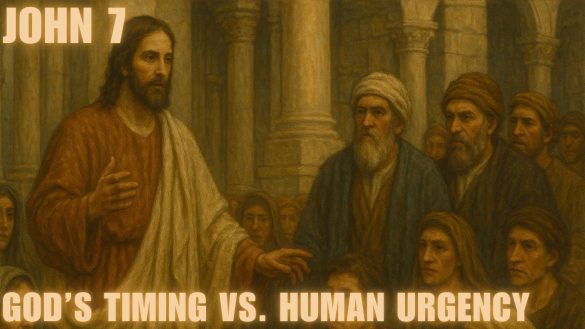In John 16, Jesus provides a profound teaching about the Holy Spirit, emphasizing the need for believers to stay strong and steadfast in their faith. During what is described as…
In John 15, Jesus imparts profound teachings to his disciples, emphasizing the significance of staying connected to him, the “true vine,” to bear fruit. This chapter provides a rich metaphor…
In John 14, we encounter some of the most profound teachings of Jesus. This chapter is a treasure trove of comfort, assurance, and deep spiritual truths that guide believers in…
In the thirteenth chapter of the Gospel of John, we encounter one of the most powerful and humbling moments in Jesus’ ministry: the washing of His disciples’ feet. This act,…
In the Gospel of John, Chapter 12, we find a rich narrative filled with symbolism and profound teachings from Jesus as he approaches the final days before his crucifixion. This…
In John 11, we encounter the profound story of Lazarus’s death and resurrection. This narrative is not merely a testament to Jesus’s miraculous powers but a deep exploration of faith,…
In John 10, we explore the profound analogy of Jesus as the Good Shepherd. This chapter is a rich tapestry of imagery and meaning, shedding light on Jesus’s relationship with…
In the book of John, chapter 9, we find a profound story of healing, faith, and the nature of sin. As Jesus passes by, he encounters a man blind from…
The Gospel of John, renowned for its deep theological insights, offers an illuminating exploration of Jesus’ teachings. In John 8, we encounter profound narratives that reflect Jesus’ identity and mission…
In the seventh chapter of the Gospel of John, we encounter a significant event in Jesus’ ministry—the Feast of the Booths, also known as Sukkoth or the Feast of the…










